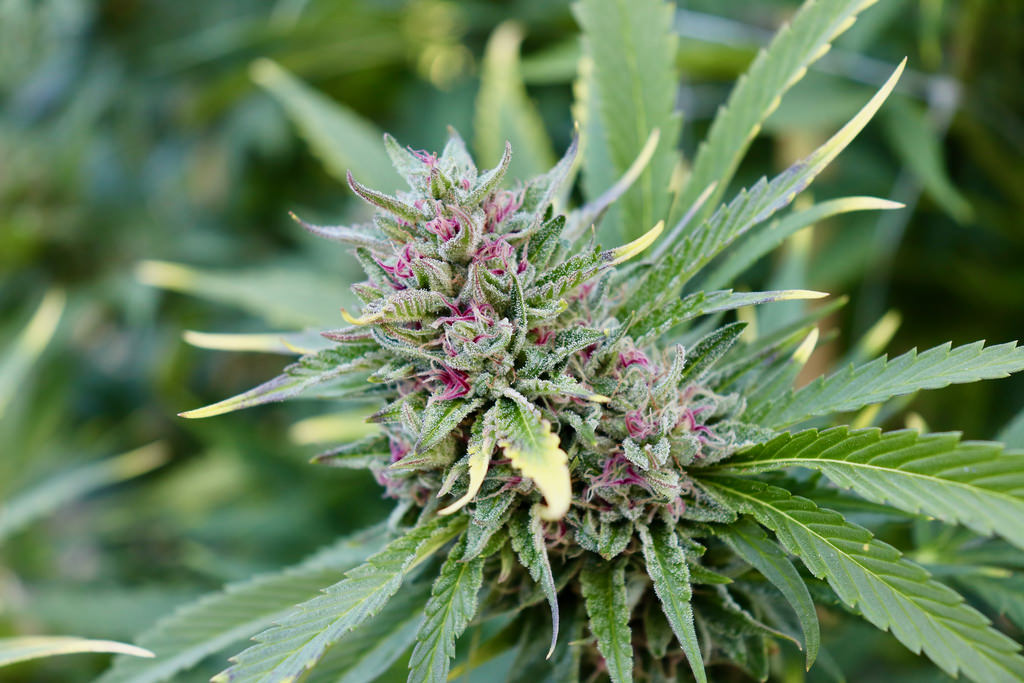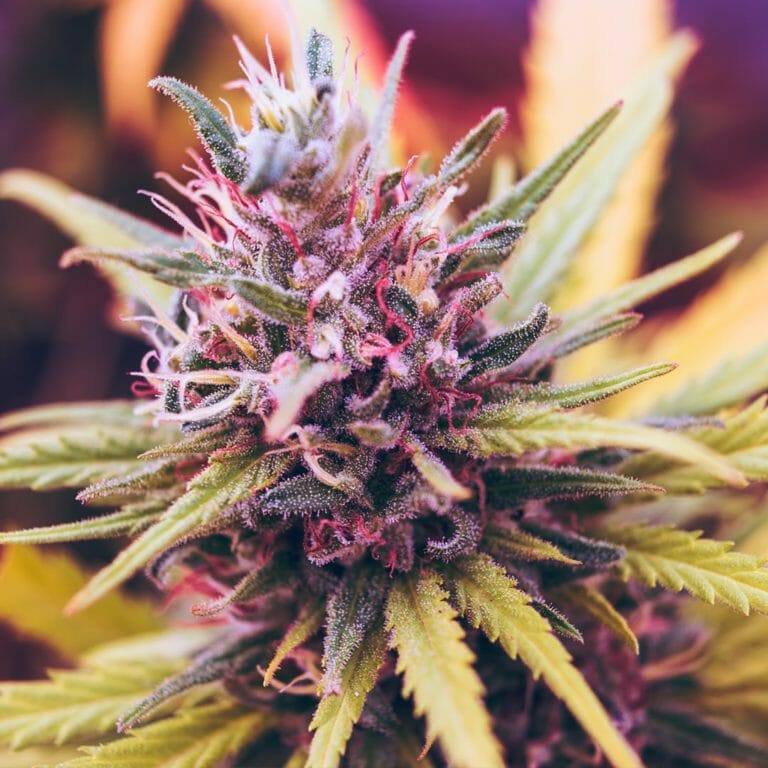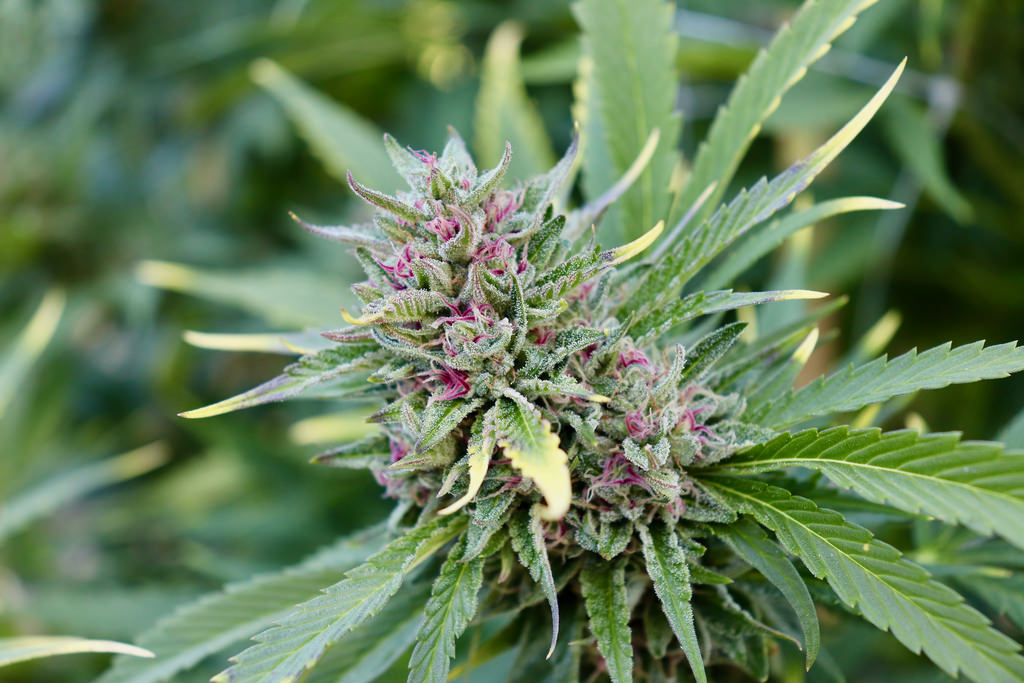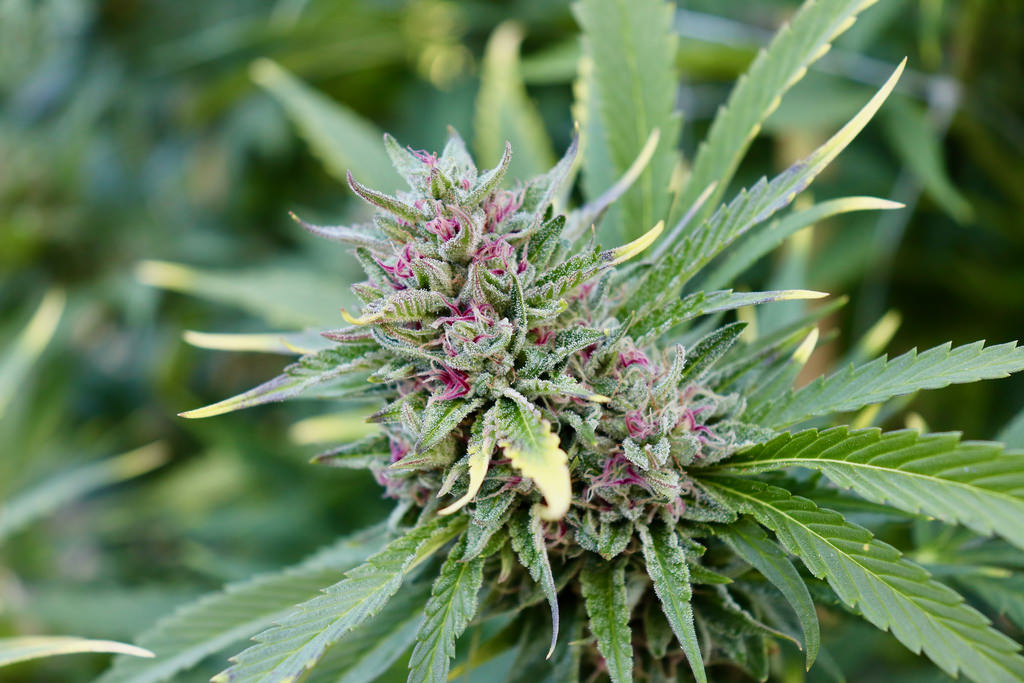Medical Cannabis supporting Patients in the UK
in the
Multiple Sclerosis (MS) is a chronic autoimmune disease that affects the central nervous system, leading to symptoms such as muscle weakness, spasticity, pain, vision problems, and cognitive issues. As MS is a complex condition, managing its symptoms can be challenging. Medical cannabis has emerged as a potential therapy for MS patients, with research suggesting that cannabinoids like THC (tetrahydrocannabinol) and CBD (cannabidiol) may offer significant benefits.
Here’s how medical cannabis can support patients with Multiple Sclerosis:
- Managing Muscle Spasticity
Muscle spasticity, or stiff and painful muscle contractions, is one of the most common symptoms of MS. Studies have shown that THC, the psychoactive component of cannabis, can help reduce spasticity by interacting with the body’s endocannabinoid system. By binding to cannabinoid receptors, THC can ease muscle tension and improve mobility in MS patients.
- Pain Relief
Chronic pain, including neuropathic pain, is a major issue for many MS patients. Cannabis, particularly THC, has analgesic (pain-relieving) properties and may help reduce the severity of pain. CBD may also help by reducing inflammation, which can contribute to pain and discomfort in MS patients. The combination of THC and CBD may provide more comprehensive pain relief.
- Reducing Inflammation
Inflammation plays a key role in the progression of MS, as the immune system mistakenly attacks healthy nerve cells. CBD has anti-inflammatory properties and may help reduce the inflammation that damages nerve fibers. This can lead to improvements in overall symptoms and may help prevent further neurological damage.
- Improved Sleep
MS patients often struggle with sleep disturbances due to pain, muscle spasms, or bladder issues. THC has been shown to help patients fall asleep faster and experience more restful sleep. Better sleep can lead to improved overall health and quality of life for MS patients, helping them manage other symptoms more effectively.
- Neuroprotective Effects
Research is ongoing, but some studies suggest that CBD may have neuroprotective properties that could help slow the progression of MS. By protecting nerve cells from damage and promoting healing, CBD may play a role in managing the long-term effects of the disease.
- Managing Fatigue
Fatigue is a common symptom of MS that can significantly impact a patient’s daily life. While more research is needed, there is some evidence suggesting that CBD may help with fatigue by improving overall energy levels and reducing symptoms like muscle stiffness and pain that contribute to exhaustion.
- Improving Mood and Mental Health
MS can be emotionally taxing, and patients often experience depression, anxiety, and mood swings. CBD, which is non-psychoactive, has been studied for its ability to help manage anxiety and depression by interacting with serotonin receptors in the brain. THC can also improve mood, though it’s important to use it cautiously as it may cause anxiety in some people.
How to Use Medical Cannabis for MS
Inhalation (Vaping or Smoking): Provides fast-acting relief for symptoms like pain or spasticity, though it may not be suitable for long-term use.
Edibles and Oils: Offer a more sustained effect, though they take longer to work. Cannabis oil can be taken sublingually for quicker absorption.
Topicals: Cannabis-infused creams or balms can be applied directly to affected areas for localized pain relief and spasticity.
Capsules: Offer a precise dose of cannabinoids, but the effects take longer to set in.
Legal Considerations in the UK
In the UK, medical cannabis was made legal in 2023 for patients with specific medical conditions, including MS. However, patients must have a prescription from a specialist doctor to access cannabis-based treatments. This means that while cannabis can offer support for MS patients, it should be used under the supervision of a healthcare professional.
Multiple Sclerosis (MS) is a chronic autoimmune disease that affects the central nervous system, leading to symptoms such as muscle weakness, spasticity, pain, vision problems, and cognitive issues. As MS is a complex condition, managing its symptoms can be challenging. Medical cannabis has emerged as a potential therapy for MS patients, with research suggesting that cannabinoids like THC (tetrahydrocannabinol) and CBD (cannabidiol) may offer significant benefits.
Here’s how medical cannabis can support patients with Multiple Sclerosis:
- Managing Muscle Spasticity
Muscle spasticity, or stiff and painful muscle contractions, is one of the most common symptoms of MS. Studies have shown that THC, the psychoactive component of cannabis, can help reduce spasticity by interacting with the body’s endocannabinoid system. By binding to cannabinoid receptors, THC can ease muscle tension and improve mobility in MS patients.
- Pain Relief
Chronic pain, including neuropathic pain, is a major issue for many MS patients. Cannabis, particularly THC, has analgesic (pain-relieving) properties and may help reduce the severity of pain. CBD may also help by reducing inflammation, which can contribute to pain and discomfort in MS patients. The combination of THC and CBD may provide more comprehensive pain relief.
- Reducing Inflammation
Inflammation plays a key role in the progression of MS, as the immune system mistakenly attacks healthy nerve cells. CBD has anti-inflammatory properties and may help reduce the inflammation that damages nerve fibers. This can lead to improvements in overall symptoms and may help prevent further neurological damage.
- Improved Sleep
MS patients often struggle with sleep disturbances due to pain, muscle spasms, or bladder issues. Better sleep can lead to improved overall health and quality of life for MS patients, helping them manage other symptoms more effectively.
- Neuroprotective Effects

Research is ongoing, but some studies suggest that CBD may have neuroprotective properties that could help slow the progression of MS. By protecting nerve cells from damage and promoting healing, CBD may play a role in managing the long-term effects of the disease.
- Managing Fatigue
Fatigue is a common symptom of MS that can significantly impact a patient’s daily life.
- Improving Mood and Mental Health
MS can be emotionally taxing, and patients often experience depression, anxiety, and mood swings. CBD, which is non-psychoactive, has been studied for its ability to help manage anxiety and depression by interacting with serotonin receptors in the brain. THC can also improve mood, though it’s important to use it cautiously as it may cause anxiety in some people.
How to Use Medical Cannabis for MS
Inhalation (Vaping or Smoking): Provides fast-acting relief for symptoms like pain or spasticity, though it may not be suitable for long-term use.
Edibles and Oils: Offer a more sustained effect, though they take longer to work.
Capsules: Offer a precise dose of cannabinoids, but the effects take longer to set in.
Legal Considerations in the UK





